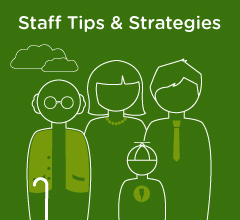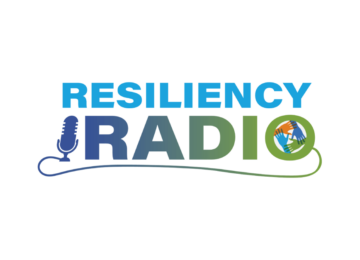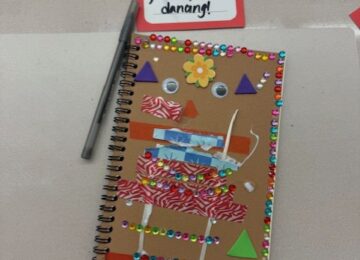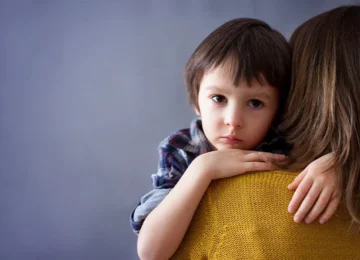Nurturing Your 2 and 3 Year-Old’s Development

Author:
Andrea LoBalbo, LCSW, Clinical Social Worker
Watching how your child plays, behaves, learns and speaks gives you clues into their development. Children grow and develop at different rates and the same child may develop more quickly in one area than another. Developmental milestones are tasks most children can do by a certain age. Be informed of the milestones your child will pass through as they grow, so you can support them and be aware if they need some extra help along the way.
Some developmental milestones at each age:
At 2 Years:
- Social/Emotional: can imitate others’ actions, is showing increasing independence, begins to show defiant behavior, plays mainly beside other children but is increasingly interested in spending time with other children
- Language/Communication: can point to things or pictures when they are named, recognizes names of familiar people, objects, body parts, uses simple 2-word phrases, follows simple instructions, points to items in a book, repeats words overheard in conversation
- Cognitive (thinking): begins to sort by shapes and colors, begins imaginative play, completes sentences and rhymes in familiar books
- Movement/Physical: walks alone, can pull toys behind her/him while walking, begins to run, can kick a ball, walks up and down stairs with support, throws a ball overhand, can build a tower of four or more blocks, scribbles, can turn over containers to pour out contents
To nurture your child at this age, read at least one book every day, encourage your child to repeat short sentences and give simple instructions (“Give Mommy the book”). Read rhymes with interesting sounds and movements your child can imitate. Share “floor time” for physical proximity and joint exploration. Setting limits and maintaining consistency is valuable for a child at this stage.
Talk to your child’s pediatrician if your child cannot walk by 18 months, is not using 2-word phrases, does not follow simple instructions, does not seem to know what to do with common objects (brush, phone, spoon), is not imitating actions and words or has lost skills they once had.
At 3 Years:
- Social/Emotional: starts to share, has some cooperative play, takes turns in games, shows concern for a crying friend, understands the idea of “mine” and “his” and “hers”, separates easily from parents, shows affection for friends without prompting, imitates adults and friends.
- Language/Communication: has a vocabulary of many 100’s of words, can use 3-word sentences, almost all speech should be clearly understood, can name most familiar things, understands words like “in”, “on”, and “under”, can name a friend.
- Cognitive (thinking): can count three objects, follows instructions with 2 or 3 steps, can work toys with buttons, levers and moving parts, plays make believe with dolls, animals, people, can complete a 3 or 4 piece puzzle
- Movement/Physical: can briefly balance and hop on one foot, runs easily, climbs well, may walk up the stairs alternating feet without rail support, can pedal a tricycle, can easily place small objects in a small opening, can dress self with minimal assistance, feeds self without difficulty
To nurture your child at this age, encourage your child to help with some household chores, such as helping set the table or picking up toys. Read together daily and talk to your child about their feelings and help them label them. Give opportunities for your child to play with other children to develop social skills, encourage creative play and provide a great deal of physical activity. Include your child in daily conversations, ask questions and answer your child’s questions. Encourage your child to repeat their favorite stories and teach them songs and rhymes such as the, “Itsy Bitsy Spider” and “This Little Piggy.”
Talk to your child’s pediatrician if your child falls down a lot or has trouble with stairs, drools or has very unclear speech, does not speak in short sentences, does not understand simple instructions, does not want to play with other children or with toys, does not make eye contact, or has lost any skills he/she once had.
The preschool years are a time of constant growth and change. Children are learning each and every moment and it will be important for you to nurture them along the way. Know what is typical and take steps to support their development. If you have a concern, take it to your pediatrician. Often, you will be reassured that everything is going well and if not, you will be taking the first step to get your child the extra support he or she needs.



